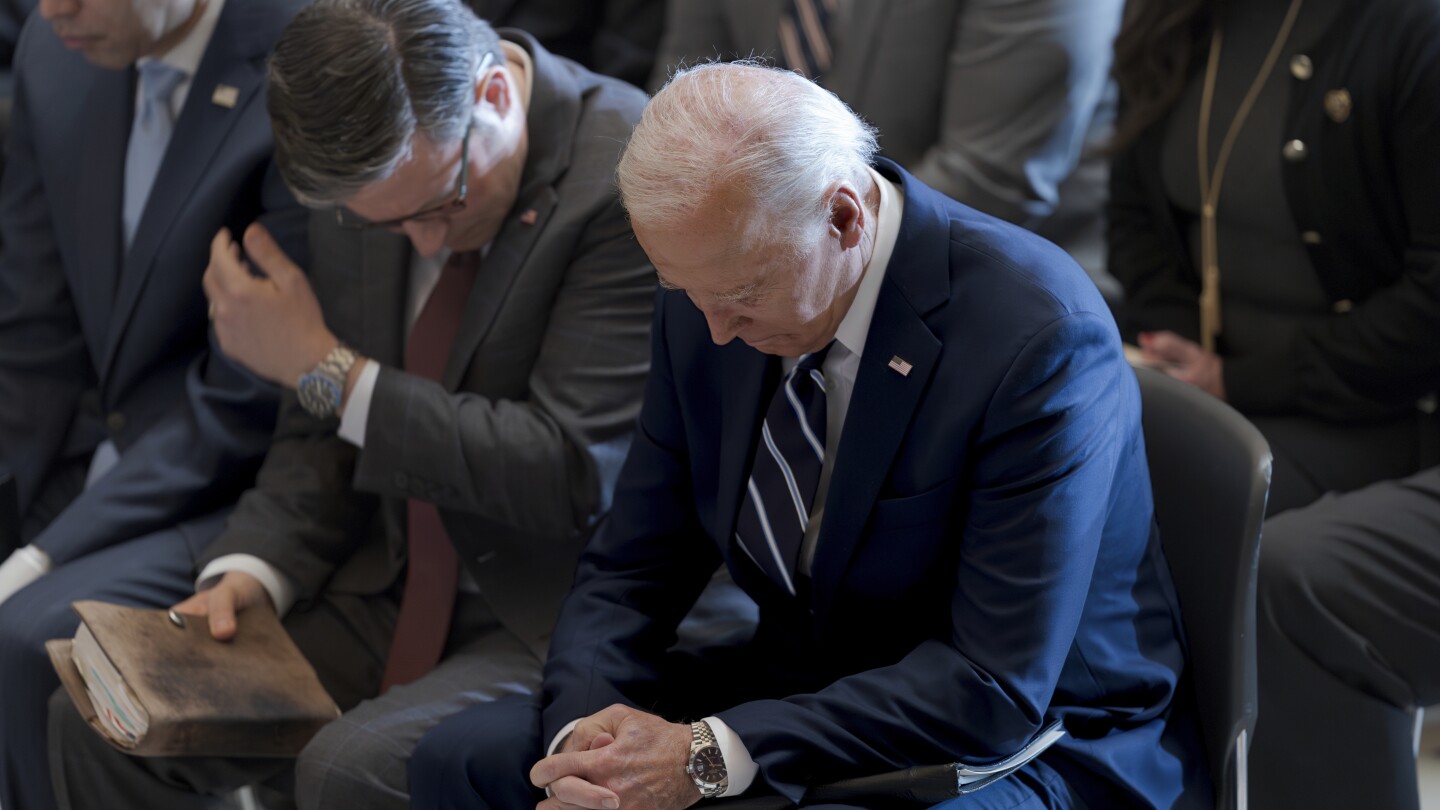The idea of a Christian America means different things to different people. Pollsters have found a wide circle of Americans who hold general God-and-country sentiments.
But within that is a smaller, hardcore group who also check other boxes in surveys — such as that the U.S. Constitution was inspired by God and that the federal government should declare the U.S. a Christian nation, advocate Christian values or stop enforcing the separation of church and state.
For those embracing that package of beliefs, it’s more likely they’ll have unfavorable views toward immigrants, dismiss or downplay the impact of anti-Black discrimination and believe Trump was a good or great president, according to a 2021 Pew Research Center survey.


